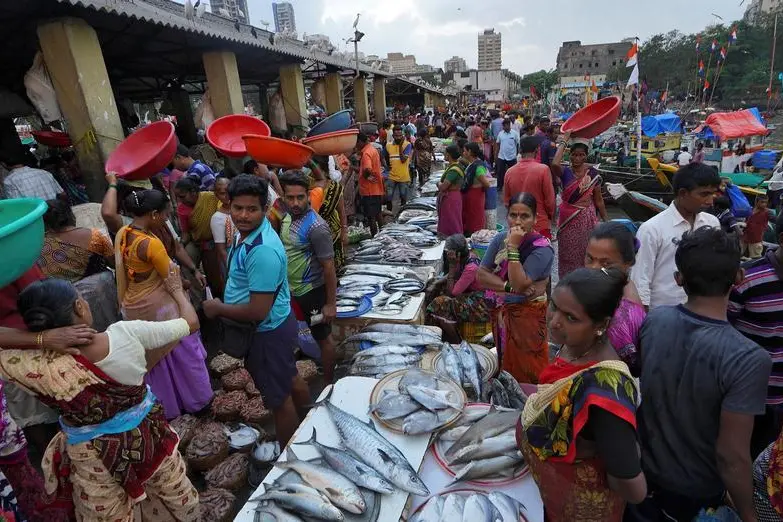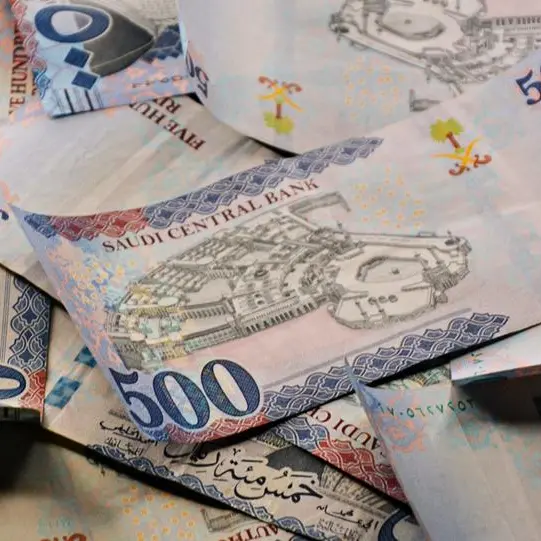PHOTO
NEW DELHI- India's retail inflation has gone over the upper limit of the Reserve Bank of India's tolerance band, accelerating to a seven-month high of 6.01% in January from a year earlier, though the central bank governor said there was no need to panic.
Consumer prices, buoyed by rising costs of food, fuel and household items, rose 6.01% in January, compared with a revised 5.66% in the previous month, Ministry of Statistics data showed on Monday.
January's figure crossed the upper limit of Reserve Bank of India's (RBI) 2%-6% targeted range, and also exceeded the consensus Reuters poll forecast of 6.00%.
Earlier, Shaktikanta Das, RBI governor, said the central bank was committed to its inflation mandate and the uptick in January inflation to the upper end of its target band should not create any panic.
Many economists, however, warned that despite RBI's estimates of inflationary pressures easing, rising oil and food prices pose a risk to inflation.
"Upward moving Brent crude prices triggered by the geopolitical tensions, depreciation bias in rupee and the risk of imported inflation pose key risks to inflation scenario," said Rupa Rege Nitsure, group chief economist at L&T Financial Holdings, Mumbai.
RBI's monetary policy committee (MPC) left the benchmark repo rate unchanged at 4.0% last week, while sticking to its accommodative policy stance to help the economy recover from the pandemic.
Food prices, which contribute to nearly half of the consumer price index (CPI), rose 5.43% year-on-year in January, compared with 4.05% a month earlier. Prices of edible oil rose nearly one-fourth from a year ago.
Annual core inflation, excluding volatile food and energy prices, was estimated at between 6% and 6.2% in January, according to four economists, compared with 6% and 6.01% in the previous month.
The government does not release core inflation numbers.
(Additional reporting by Chandini Monnappa in Bengaluru; Editing by Toby Chopra and Bernadette Baum) ((manoj.kumar@thomsonreuters.com; +91(11) 49548029;))





















